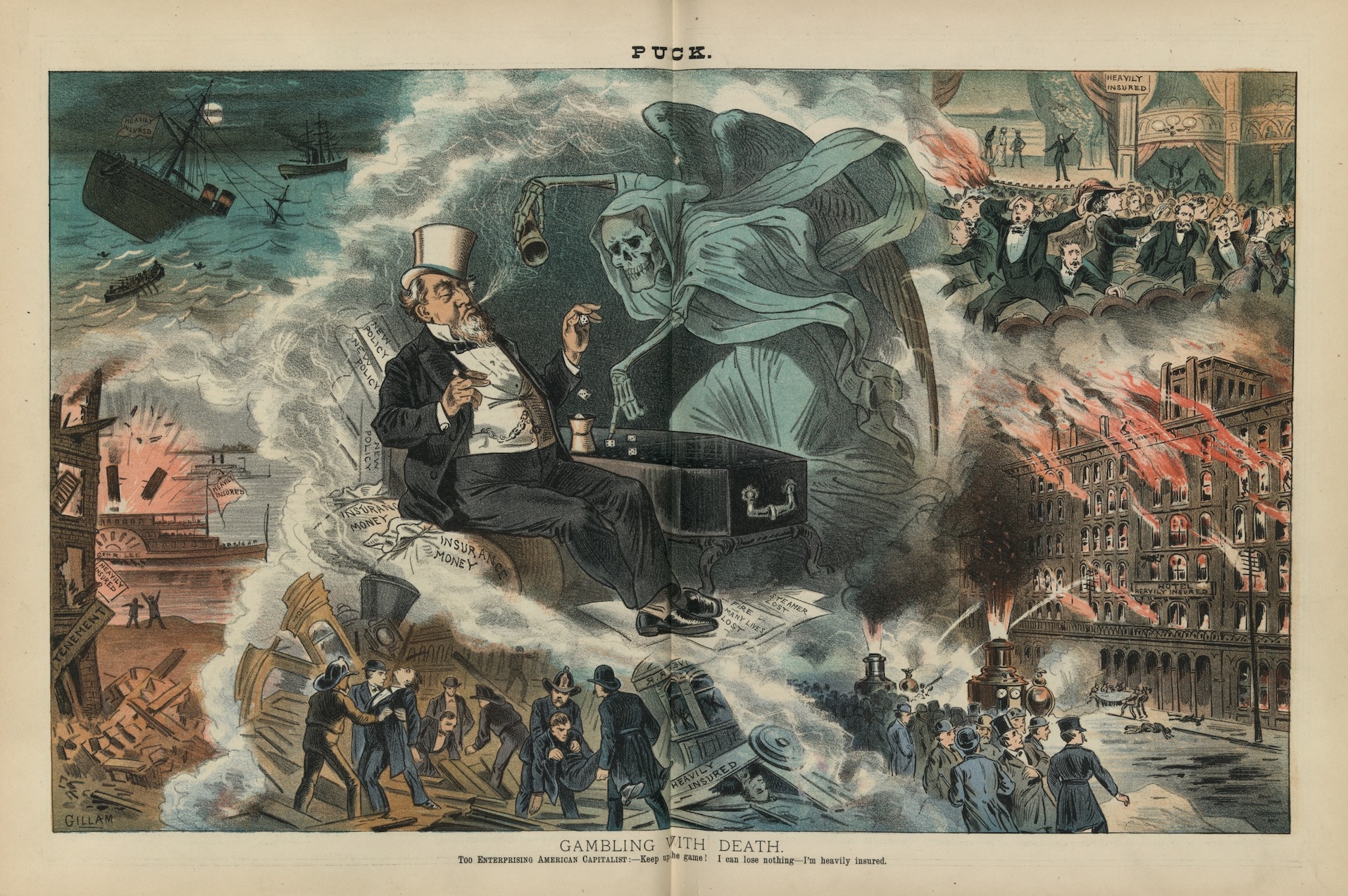
 LessWrong (Curated & Popular)
LessWrong (Curated & Popular) “Futarchy’s fundamental flaw” by dynomight
Jun 21, 2025
The podcast tackles the concept of Futarchy by exploring a hypothetical situation involving Elon Musk and Tesla's board. It critiques the effectiveness of prediction markets for decision-making, highlighting how they can lead to misleading conclusions. The discussion emphasizes the difference between correlation and causation, questioning the value of market-driven outcomes in high-stakes scenarios. Finally, it addresses the limitations and potential misinterpretations of conditional prediction markets, urging caution in their application.
AI Snips
Chapters
Transcript
Episode notes
Tesla Firing Market Example
- Robyn Denholm considers firing Elon Musk using two conditional prediction markets on Tesla's stock price with Musk fired versus Musk staying CEO.
- This setup exemplifies Futarchy's idea to use market predictions to decide actions but leads to fundamental problems.
Correlation vs. Causation Flaw
- Conditional prediction markets reveal correlations, not causation, which is crucial for decision-making.
- Probability of observing B given A differs from probability of doing B causing A, a key flaw in using markets for decisions.
Musk Firing Market Misinterpretation
- Lower Tesla stock prices in the Musk-fired scenario may reflect Denholm's potential destructive actions, not firing's effect.
- This shows how conditional markets can misrepresent the true causal impact of decisions.



